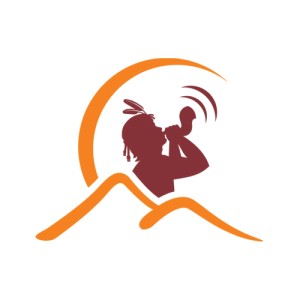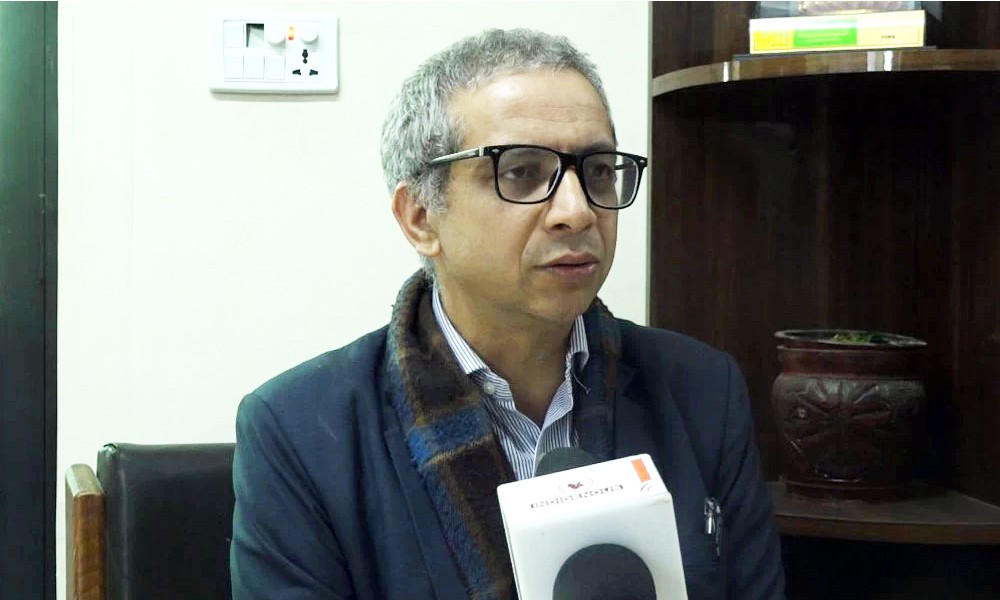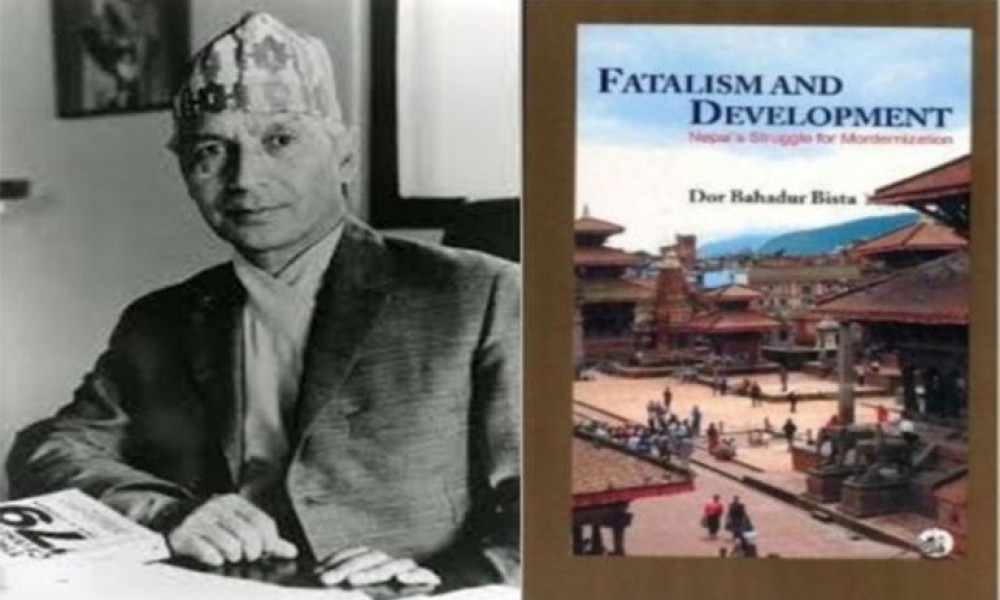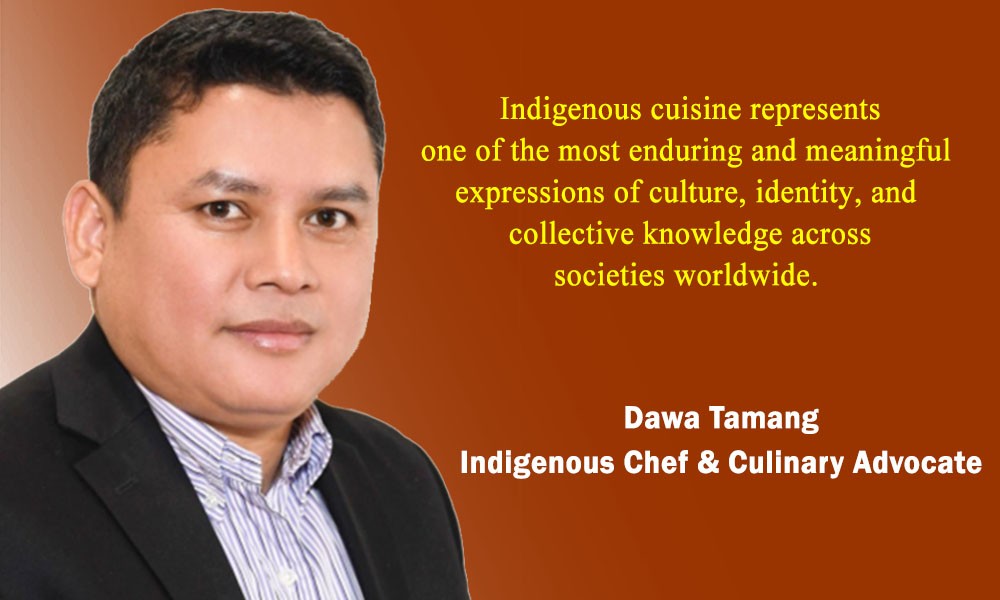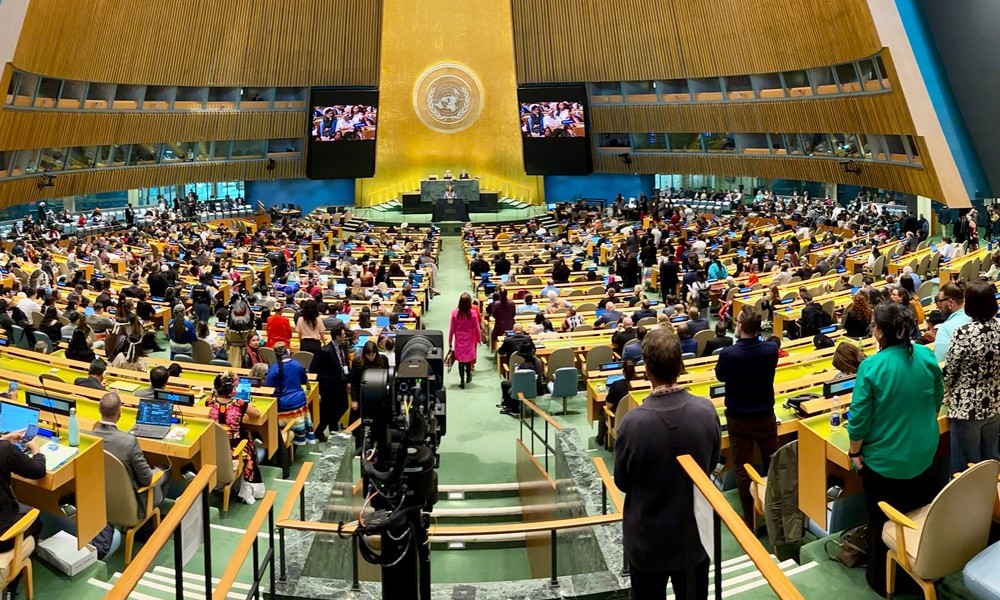Kathmandu University has announced a new one-year course on "Indigenous Education and Development" . What was the need for this course?
Luitel: In Nepal, discourse related to Indigenous Peoples and nationalities have been going on for a long time. Nepal is a very diverse country. Actually, the whole of South Asia is a region full of diversity. Nepal is home to more than 60 indigenous groups, 130 and diverse cultural practices. All these different ethnic groups, languages and cultures are storehouse of our unique knowledge.
But our higher education system is modeled after the Western ideology. There is an argument since long ago that our education system does not acknowledge own knowledge system. Within this scenario, we have started a Master's course in Indigenous Education and Development. We have started this course with the aim of introducing our traditional knowledge, and indigenous rituals and practices into the university education. We want our research to adopt a more multi-disciplinary and multi-dimensional approach. We hope that this course will be able to support some of that.
our higher education system is modeled after the Western ideology.
There are multiple aspects of indigenous practices. Even protests and struggles create knowledge. We believe that even those should be subjects of discourses. It is also an academic matter. No one knowledge system is the best in itself. So, we want to start discourse, debate, and public discussions about different knowledge systems themselves. We think local knowledge holds a special place in this discussion that is why we have started this course.
You must have already created a curriculum for this course. What are the major subjects included?
Luitel: Research methodology and theory of education practice common for all our courses. There are several approaches within that. Local and Traditional Education also falls within that. Another important subject is Ritual Based Practices. This includes things from ritual based autonomous governing systems to traditional healing practices. Another is the concept of De-colonization for Restoration of Indigenous Knowledge. There is a subject related to its traditional practices. In this subject, students do research through field work.
Another important point is how to include indigenous knowledge in school level curriculum? That is also studied in this course. And that comes with an internship. How to document knowledge? We will also study that. This is a one-year program. There are a total of 9 course work. We call it a 27 credit system. The course is divided over two semesters with 3 hours of work per day, and will be run 4 or 5 days a week.
How is the situation of reference books and standard textbooks for this course so far?
Luitel: Standardized textbooks are available. For example, we have lots of journal articles written around 2018-19. Along with that, we have a number of academics involved. We have Peoples affiliated with Columbia University and so on. We also have publications from National Foundation For Development of Indigenous Nationalities. In this way, we have created a library with local resources. Similarly, we also have research papers and publications from our Universities.
We had also worked with UNESCO sometimes ago. We had also studied Tamang and Gopali community's mathematical practices. So, we have local resources as well as books on international practices. Although these resource materials are a bit hard to find, we have to keep looking.
Indigenous Peoples have knowledge about protecting the forest.
Apart from these standardized materials and books for this course, we also take elder indigenous Peoples and knowledge bearers as our resources. We are planning on facilitating their presentations as part of our classes. We will record videos of them for research and study purposes. For example, we will showcase their experience of what Amchi system of healing means. They can themselves present about the role of shamans in shamanism, or practices of garju or ghubhaju to the class.
Indigenous Peoples have knowledge about protecting the forest. These knowledge systems which are related to agriculture production have not been included in educational institutions so far. Introducing them will also help to organize activism in a better manner.
We have infinite knowledge system -like wood carving, traditional fabric weaving to cuisine making. So for example in craft, we can also talk about Peoples working with wood and metal. The indigenous practitioners themselves are teachers of indigenous knowledge. We have started this one-year course for now, but we plan to expand it to two-year Master's and then eventually to PhD.


